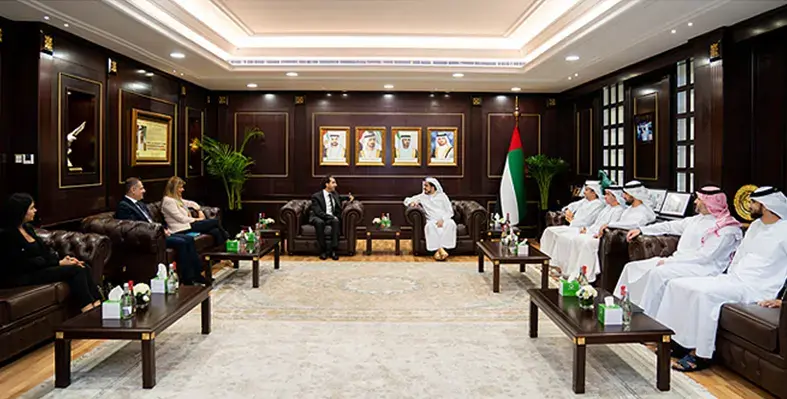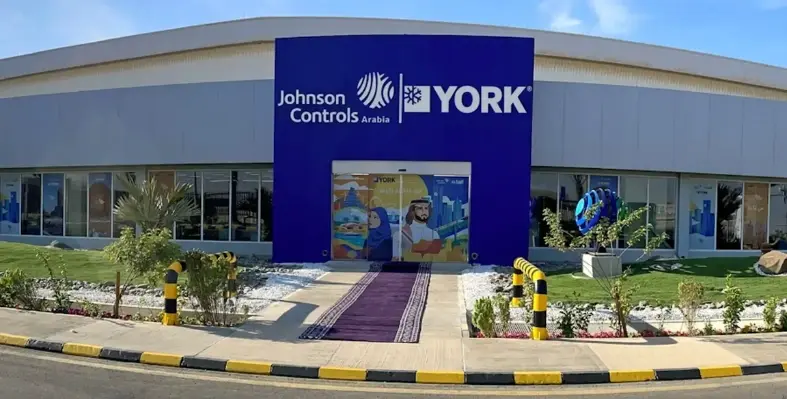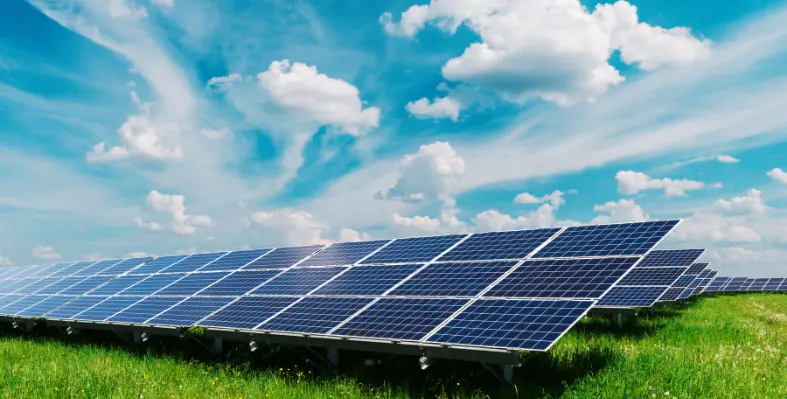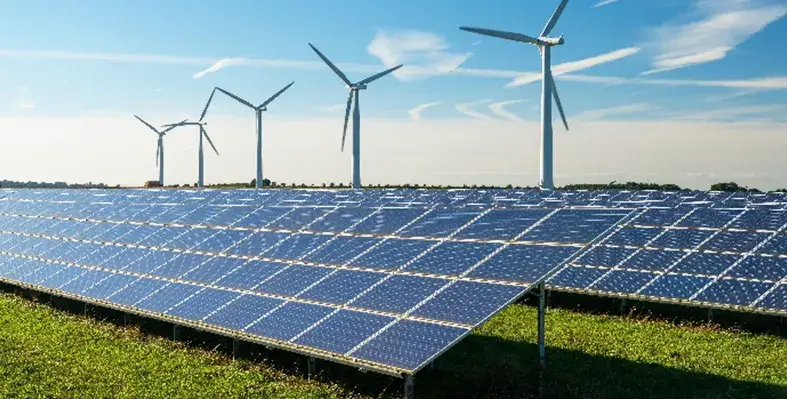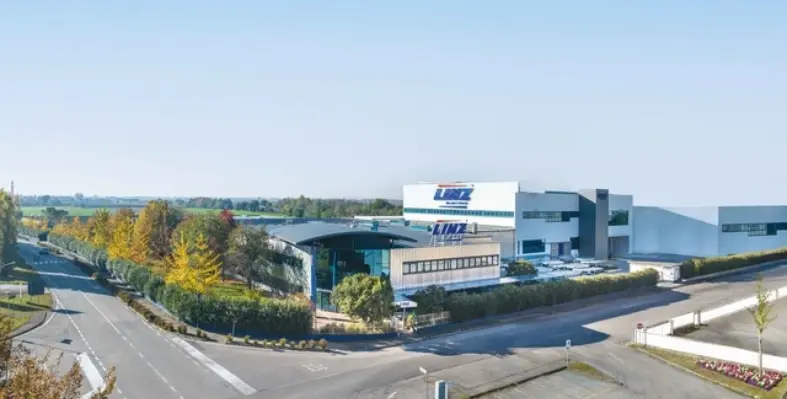
The acquisition enhances Linz's energy business portfolio. (Image source: Linz Electric)
Linz Electric SpA, a key subsidiary of the Pedrollo Group, has acquired a 60% stake in Germany’s KW Generator GmbH (KWG), marking a pivotal milestone in its ambitious international growth strategy.
With an annual turnover of €500mn, the group is now a formidable player in the global energy transition, addressing the evolving demands of sustainable and reliable power solutions.
The transaction builds on a nearly two-decade partnership between Linz Electric and KWG, merging Italian innovation with German engineering precision to create a European powerhouse in the energy sector.
By combining their complementary alternator ranges, the two companies have established one of the most comprehensive product portfolios globally, serving a wide array of applications.
These range from traditional generator sets to advanced energy transition support systems, as well as specialised solutions for mobile refrigeration, earthmoving equipment, and machinery requiring continuous, reliable, and flexible power.
This strategic alignment positions Linz Electric and KWG to tackle pressing global energy challenges, particularly as the reliability of power supply becomes increasingly critical amid growing concerns over blackouts and grid instability.
KWG brings to the partnership its advanced product lines and deep-rooted relationships with leading original equipment manufacturer (OEM) customers in demanding sectors, including material handling, heavy-duty environments, and mobile refrigeration.
These industries require robust, high-performance power solutions capable of operating in extreme conditions, and KWG’s expertise enhances the partnership’s ability to meet these needs.
Linz Electric’s well-established global distribution network within the Pedrollo Group, along with its direct subsidiary in the United States, plays a key role in opening up new markets and customer segments for KWG..
Growing customer base
This infrastructure opens new markets and customer segments for KWG, enabling the partnership to expand its reach and deliver innovative power solutions to a broader audience.
The acquisition underscores Linz Electric’s rising prominence in a rapidly transforming energy market, where innovation, sustainability, and strategic alliances are critical drivers of industrial value and long-term competitiveness.
By integrating KWG’s capabilities, Linz Electric strengthens its ability to deliver cutting-edge solutions that address the complexities of modern energy demands.
The partnership also aligns with the Pedrollo Group’s broader mission to drive progress across its core business areas.
With a diversified portfolio spanning water management, applied technology, and now a reinforced presence in energy, the group solidifies its reputation as an authoritative and innovative leader in international markets.
This move positions the Pedrollo Group as a key contributor to the global energy transition, offering solutions that support sustainable development and energy resilience worldwide.
As part of the Pedrollo Group, Linz Electric benefits from the Group’s financial stability and global reach, which amplify the strategic value of this partnership.
The acquisition not only enhances the energy business area but also reinforces the Group’s commitment to fostering innovation and collaboration across its operations in Italy, the United States, Spain, Germany, and beyond.
By uniting Linz Electric’s and KWG’s expertise, vision, and industrial strengths, this partnership is poised to deliver concrete, scalable solutions to meet the evolving needs of the global energy sector, ensuring reliability and sustainability for future generations.
Giulio Pedrollo, CEO of the Pedrollo Group and founder of Linz Electric, said," After years of collaboration, I am excited about the opportunities this transaction offers: the partnership between Linz Electric and KWG is a clear example of how international cooperation between companies that share values, vision and expertise can generate new opportunities for growth and development. Together, we are ready to face the great challenges of global energy transformation. We will continue to invest with determination in innovation, quality and customer service, while keeping our production roots firmly anchored in our home territories. For us, this project represents a concrete testimony to the value of European manufacturing excellence, capable of competing and innovating on an international scale.''
Michael Werner, CEO and shareholder of KWG, added, "With Linz as our majority partner, we are confident in our ability to address the competitive landscape and capitalize on new growth opportunities. This partnership demonstrates our commitment to providing superior products and services to our customers."





